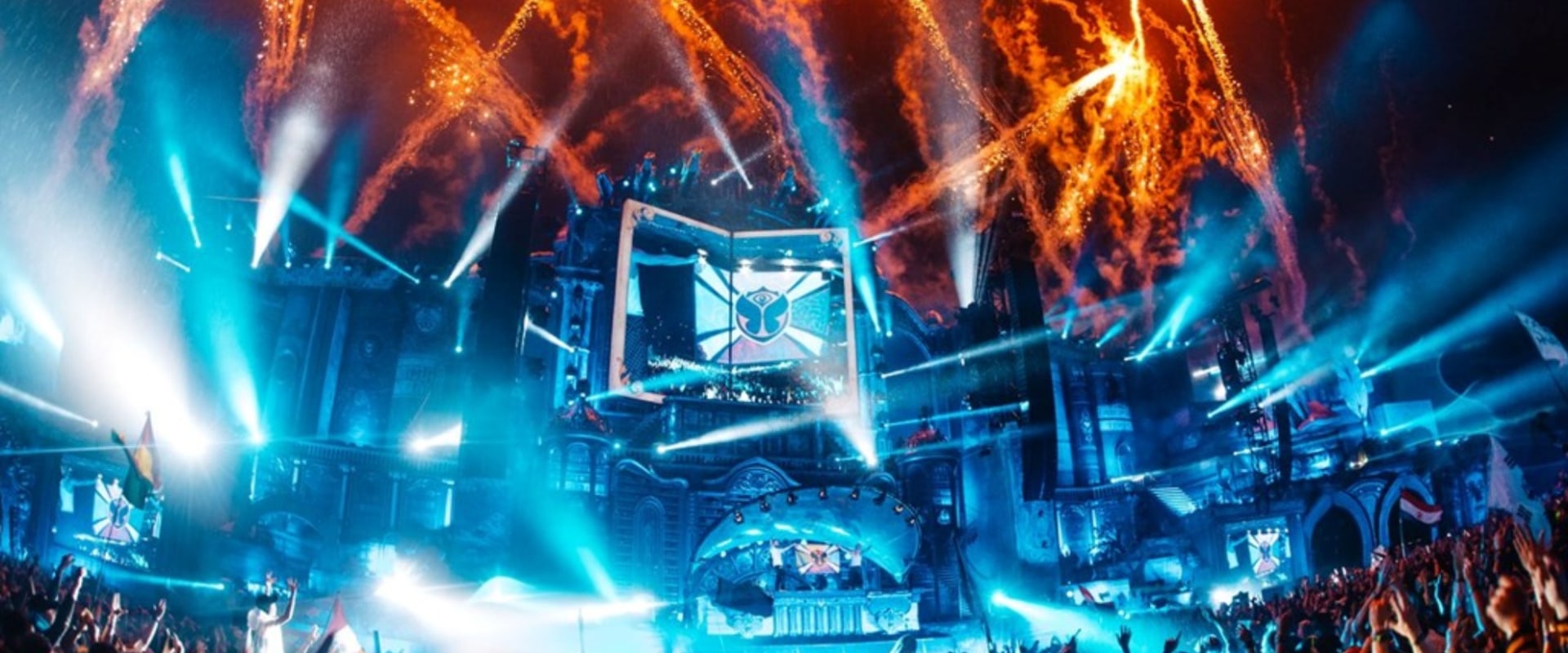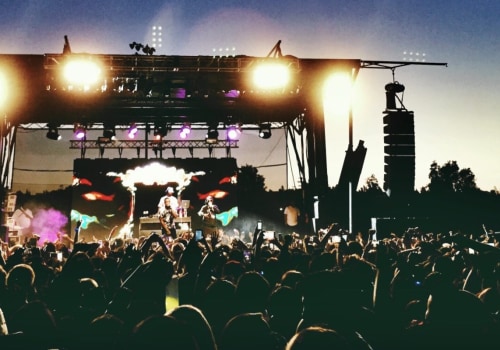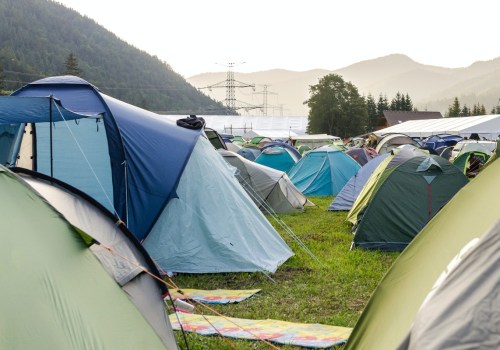Noun: an organized event, which usually lasts several days, with performances by several musicians, singers and groups. The choir directors are now preparing for a prestigious music festival in Vienna Pages for publishers who have closed session. More information A music festival is a community event with singing and instrument performances that is often presented with a theme such as the musical genre (p. ex.
Music festivals are generally organized by individuals or organizations within music production networks, generally music scenes, music industries, or musical education institutions. The music festival is the largest and one of the most important performing institutions in musical life, a place to experience culture. Music festivals are usually held outdoors, with tents or temporary covered stages for artists. Music festivals often host other attractions, such as the sale of food and merchandise, dance, handicrafts, performing arts, and social or cultural activities.
Many festivals are annual or are repeated at some other interval, while others are held only once. Some festivals are organized as for-profit concerts and others are for the benefit of a specific charitable cause. At music festivals related to charitable causes, there may be information on social or political issues. As with the Coachella Valley Music and Arts Festival, there are different festivals that attract a lot of tourists.
For example, Lollapalooza, Electric Daisy Carnival Las Vegas, Ultra Music Festival, Electric Forest and many more. There are many music festivals, some of which include many different genres, but some festivals specialize in a specific genre, such as EDM, metal, hip hop, among others. There are also other types of festivals, such as jazz. An example of a jazz festival is the New Orleans Jazz and Heritage Festival.
While contemporary festivals are often portrayed as a flourishing place for extraordinary experiences, they increasingly serve as a way to create cultural identity, lifestyle, community, belonging and self-actualization. In addition, festivals are a demonstration to create escapism and a seasonal cultural economy for ritual and collective experimentation. A music festival is a large event, which is usually held outdoors, in which numerous musicians or bands that perform consecutively participate. Small festivals sometimes only last one day, but many of the most popular and well-known events are spread out over a weekend or more.
Many major festivals have several stages and can generally host numerous bands and musical numbers. Musicians are often very interested in performing as a way to offer their fans a live show and, at the same time, gain more followers. Festivals are usually organized according to a specific theme or genre, and they usually incorporate a series of musical numbers, both new and old. It's also common to see festivals focusing on certain national celebrations or ethnic traditions.
Dance and elaborate costumes are often part of both. Depending on the details and location, festival organizers may offer things such as camping facilities, showers and access to the bathroom for attendees, which can make it easier to travel from a distance. It's also not uncommon to find a variety of food stalls, fairground games, vendors and other attractions. Although the general trend of consolidating music festivals in the hands of companies has not affected some of the oldest festivals in the country, it has affected the way in which the public enjoys other events.
The Pythian Games at Delphi included musical performances and may be one of the first known festivals. In recent years, the major corporate promoters of live music, such as Live Nation or AEG Live, have acquired significant majority shares in some of the most important festivals in the country. These festivals aim to provide a friendly and supportive platform for musicians to share the thrill of making music. However, music festivals that have achieved a cultural haven are unlikely to lose relevance in the short term.
Secular music festivals in England were created in the 18th century; the first one dedicated to George Frideric Handel was held in 1784 at Westminster Abbey, London. The Birmingham Festival (1768), triennial from 1769 to 191, was originally dedicated to the music of Handel, but was expanded to include that of other composers in the 19th century. The Welsh Eisteddfod was originally a festival for bards (poets-singers), but now includes other arts. It began in the 12th century or earlier, and in the 12th century troubadours organized musical competitions, the puys, in Puy Notre Dame, near Saumur, in France.
The origins of music festivals date back to ancient Greece, where these events used to include music, art and sports competitions. Since listening to music has become practically free (or by subscription), access is unprecedented and makes live music much more special, according to Chirinos. Bahl, who organizes the annual Four Chords punk and rock music festival in Pittsburgh, says the influence has become a bubble that will soon burst. Most music festivals are like extended concerts; they have several bands that play more or less non-stop.
For artists, performing at music festivals is an easier way to earn money than relying on record sales or long tours, says Rishi Bahl, a musician and marketing professor at La Roche College in Pittsburgh, Pennsylvania. .




